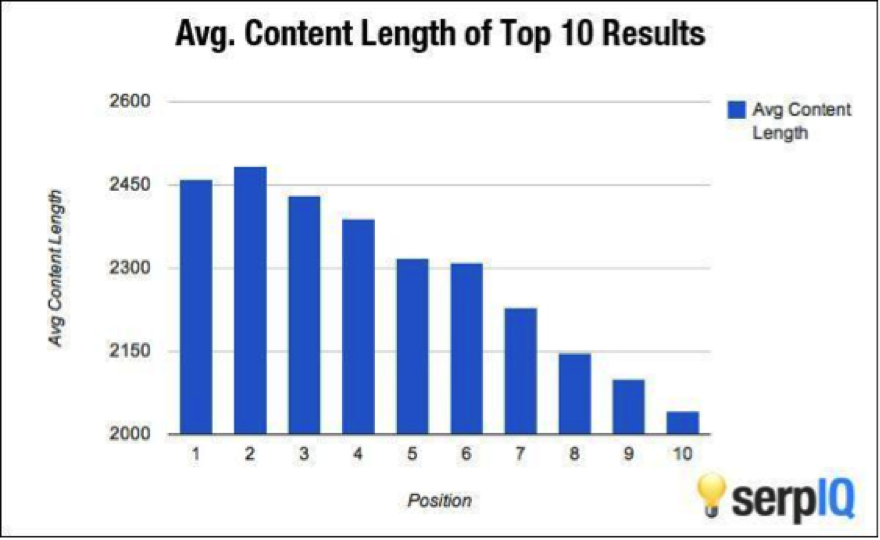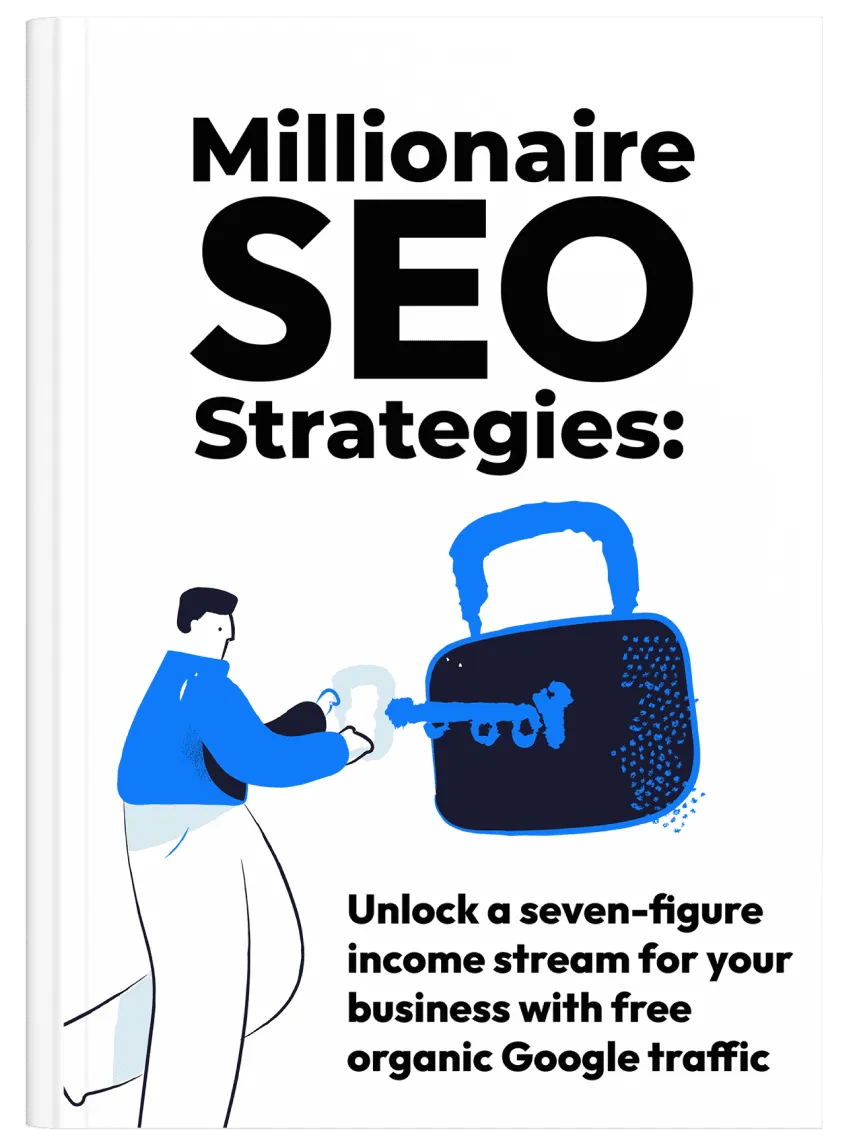
5 Modern SEO Myths That You Shouldn’t Pay Attention To
In this post, we are going to debunk 5 modern SEO myths.
Have you seen these strategies outlined elsewhere on the web?
1. Build a Site; People Will Come
It’s not 2002 anymore. Merely building a website, thinking that people will automatically find you, is like living in a fool’s paradise.
SEO is real and it takes a lot of effort, consistency, dedication, and time before people start finding you on the internet. It’s actually very tough out there and, in almost every niche, you will find hundreds, if not thousands, of direct competitors fighting with you for a spot on Google’s 1st page.
Obviously, there are ways — proven SEO techniques — by which you can beat those competitors. But there is simply no way you are going to get a lot of public exposure and targeted organic traffic by simply building a website.
It just does not work like that anymore.
2. You Need to Have a Lot of Pages
It is true — to an extent — that your website should have a lot of content in order to stay competitive in the search engines.
However, what if that quantity comes at the cost of quality?
In a nutshell, your website may get more traffic with only 10 high-quality posts than a website who has 50 low-quality blog posts.
If you can improve the quantity of the published content, while maintaining the same, high quality, that is a good thing. But quantity should never come ahead of the quality of your content.
3. People Don’t Have Time. They Prefer to Read Shorter Posts
It could not be farther from the truth.
Yes, people like to do things quickly — especially on the web. However, when it comes to content, blog posts, or reading in general, they prefer to read high-quality, in-depth and very comprehensive posts.
Studies suggest that shorter blog posts just do not have a lot of value anymore. They are constantly being replaced by “Ultimate Guides”.
Moreover, if your focus is to drive traffic from search engines, you have no option other than creating in-depth and more detailed posts.
The graph below shows that none of the top 10 Google results have a post that has less than 2000 words in it. And this research is done with a sample of 20,000 different keywords!
In other words, the minimum word-count required to be ranked on Google’s 1st position is 2000 words.
4. Keyword Targeting Has Become Irrelevant After the Hummingbird Update
Again, not true.
Yes, the hummingbird did have a great impact on how the modern SEO works. But it does not mean that keyword targeting is no longer relevant.
Now, in 2015, you may not need to add the primary keyword multiple times in a post, but you still can’t ignore it.
As a matter of fact, keyword targeting has become a lot easier and simpler after the Hummingbird update. Now you do not have to target certain “keywords”. Instead, you can even target the “user search intent”.
According to Brian Dean, the famous SEO & Backlinking expert, “Keywords are like a compass for your SEO campaigns. They tell you where to go and whether you are not you are making progress.”
5. An XML Sitemap Will Boost Your Rankings
An XML sitemap is very essential for indexing your posts in the search engines. It really helps you if you want to make a crawlable website. However, it does not help you boost your search engine rankings.
Basically, it indexes your posts in the search engines faster, but it never gives your posts a boost in the rankings.
My recommendation is to definitely use an XML sitemap generator, but do not expect it to magically improve your search engine rankings.
In Conclusion
SEO keeps changing at a very rapid pace. It can be very difficult to keep up with all the changes, but it’s important to do so.
The myths mentioned above are just that … myths. SEO does not work like that anymore. And if you want to stay competitive in search engines, you need to adapt your website in accordance with the new, modern SEO rules.









